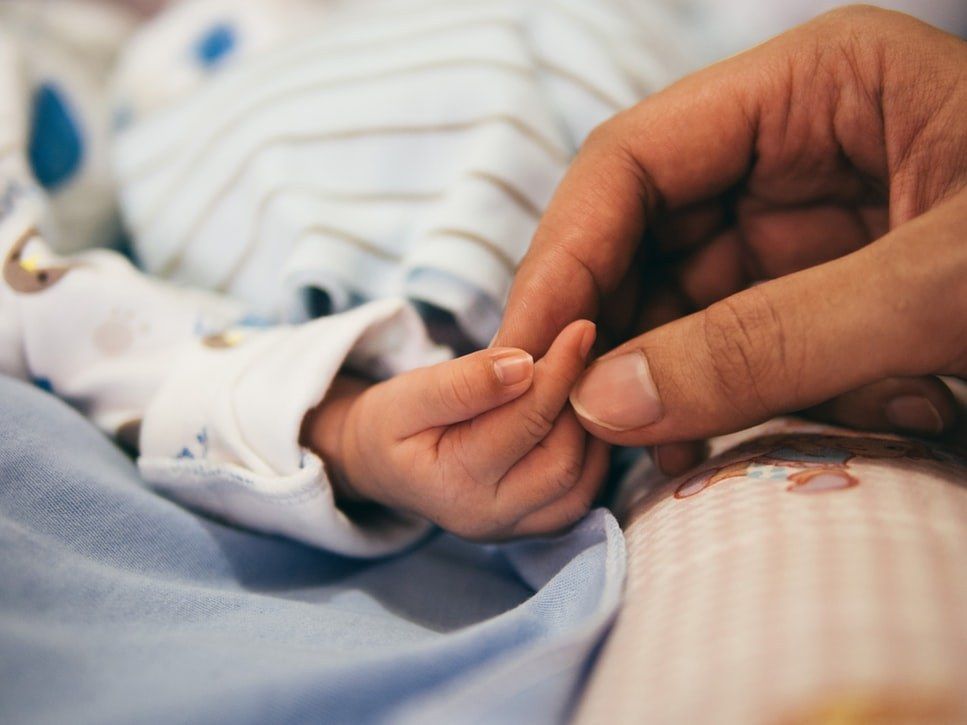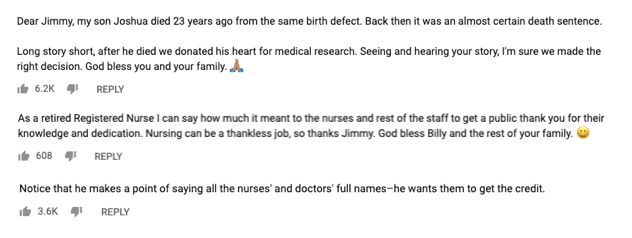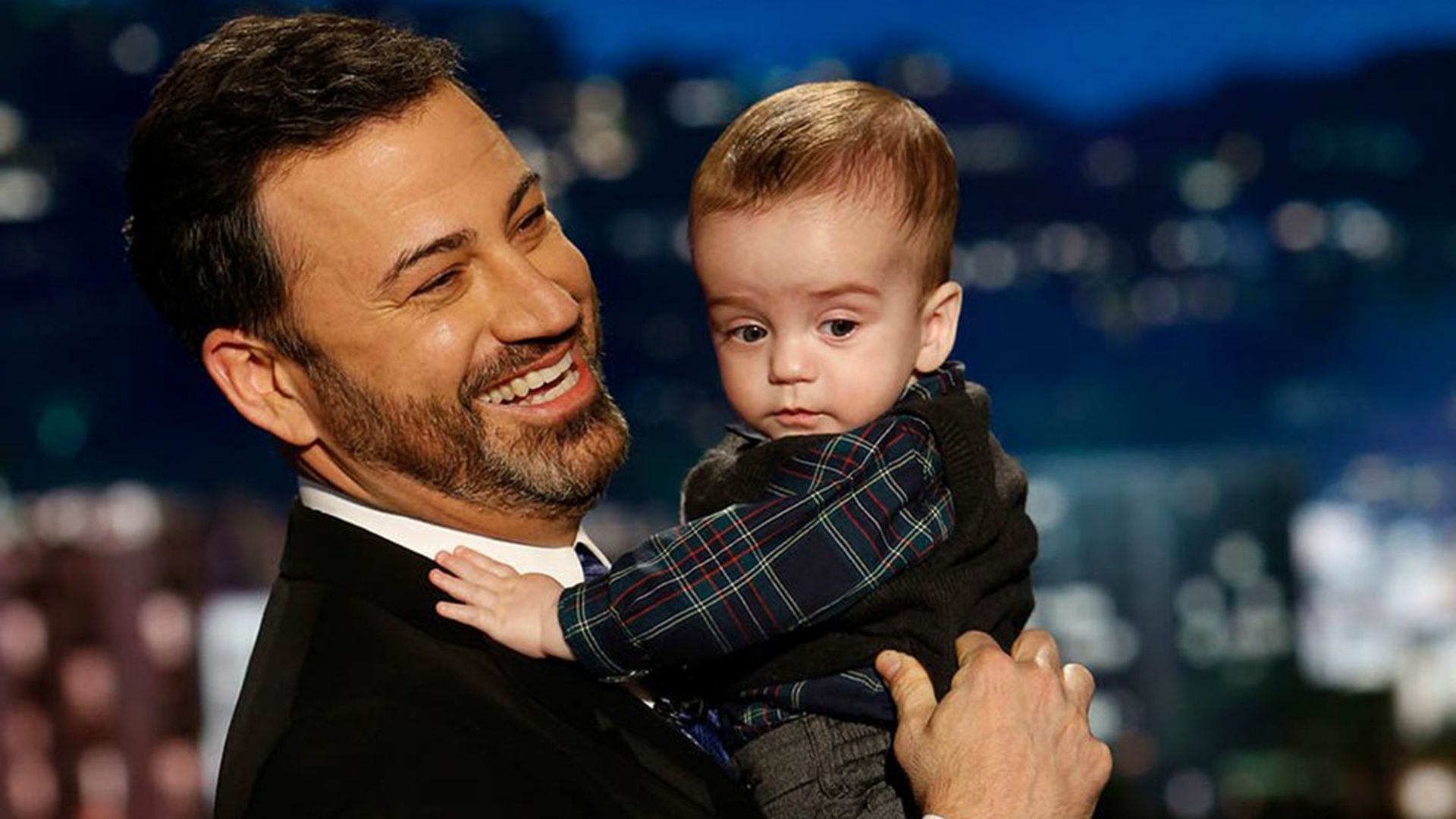The end of 2019 means the start of the Christmas season, as well as the start of a new decade. So much has been accomplished all over the world in the past ten years; we’ve seen magnificent highs and terrible lows made large on our television screens and splashed across out social accounts. Over the past decade, modern technology has cemented its place in our pockets, and our phones have gone from convenient communication tool to invaluable piece of everyday life. So, as we draw closer to the next decade and round out the last, we wanted to take a moment to appreciate a community that does so much and is spoken about so little: the healthcare community.
Here at Siilo, we appreciate the unsung success stories of the healthcare community and the heroes that made those stories possible. While we are always thinking about what can make the lives of medical professionals better, the things our users do to make the lives of their patients better should take centre stage during this season of gratitude and reflection.
Empathy is arguably the most important skill to have when interacting with patients, especially children. Paediatric care is a topic that is close to everyone’s hearts given the vulnerability and innocence of youth. As we head into the holiday season, we wanted to highlight and hero the importance of care professionals who do so much to ensure the comfort of patients in their care. Paediatric and natal care in medical institutions can literally be lifesaving, from noticing a blue face after birth to direct surgical intervention in the OR.

A veritable battalion of medical professionals are needed to see a child safely from conception, to delivery, to adulthood. Even before the baby is born, a patient might already have encountered their GP or midwife, a sonographer, a doula, a dietician, an obstetrician, an anaesthetist, and eventually a paediatrician or neonatologist and accompanying nurses. This is all assuming the pregnancy goes well and requires no additional care. When things do go wrong, we rely on the eagle eyes of all these professionals, and more, to spot the problem and act immediately. And yet the feats performed by these everyday heroes are often unseen and undiscussed in everyday life.
A child might grow up never knowing that a nurse or paediatric cardiologist intervened at just the right moment to save their life. The advent of social media has allowed those stories to travel online, but even then, those not picked up by local news don’t reach a wider public. However, a few instances of life-saving childcare have made it into the mainstream, and they stand representative for all the professionals that go unrecognised.
One such story was broadcasted to the whole United States, and beyond, comes from late night host Jimmy Kimmel on his 1 May, 2017 show. In a thirteen minute segment, Kimmel recounts the discovery of his son’s congenital heart defect: Tetralogy of Fallot (TOF) with pulmonary atresia. The combination of TOF and pulmonary atresia makes it difficult for the heart to pump blood around the body due to a mixing of venous and arterial blood. Shortly after birth, an attentive nurse, Nanush, noticed the baby’s purpling face and proceeded to alert attending doctors to the issue.
Kimmel tearfully calls attention to the incredible dedication and quick thinking that allowed his son to leave the hospital alive and well just six days later. The impact on not only on his son’s life, but also Kimmel’s and his family’s is obvious as he lists each nurse, doctor, and surgeon involved in saving his son’s life by name, thanking them publicly for what they’ve done. Television network ABC posted the monologue online, and after two years, the video has been viewed more than 13 million times and received over 325,000 likes. Comments came from sympathetic viewers, medical professionals, and parents who have endured similar situations with their own children.

Kimmel’s story is just one of many, but his platform allows him to reach a wider audience and shed the anonymity that typically cloaks medical procedures and professionals. By shining a light on the individuals involved in his son’s life-saving procedures, Kimmel ensures that credit is given – in very a public forum – to clinicians who would otherwise remain anonymous. His recognition of the clinicians is so clearly echoed by his audience as they listen to his story, and the appreciation he has for those involved.
That appreciation is furthered by the conversation Kimmel has with his subsequent guests: Dr. Mehmet Cengiz Öz, a famous television doctor in the United States and Shaun White, three-time Olympic gold medalist in snowboarding.
Trained as a cardiothoracic surgeon, Dr. Oz admits that Kimmel’s tearful speech reminds him of why he practices medicine, stating, “There is something unique about the raw emotion, the authentic love, that we have for each other, and we forget that sometimes. It’s never more powerful than when parents have children in trouble.” We believe that all clinicians go into medicine for similar reasons, to experience, shepherd, and protect the love that exists between people. Medical professionals rely on their years of training and on each other, to ensure that their patients go home safely.
With that in mind, Dr. Oz is also quick to point out that everyone on the team is just as important as the surgeon in the operating theatre, including the parents: “People do express appreciation, but I’m always quick to say that something that you [all] did is as important as what I did. You had confidence in what was going on, you supported each other – the role of family … is unparalleled in its vitality.” Confidence and trust is paramount, especially when a child’s life is at stake. Kimmel’s joke about feeling lucky to have the paediatric cardiac surgeon he did – Dr. Vaughn Starnes at Children’s Hospital Los Angeles – lends strength to this belief; his family’s confidence in Dr. Starnes was supported by the confidence all other clinicians had in him as well.
Dr. Oz goes on to celebrate the leadership of nurses in ensuring a clean, safe, and comfortable experience for both the child patient and the parents. Kimmel agreed, reflecting on the continuous presence of nurses at the hospital while doctors passed in and out attending to various cases as needed. Dr. Oz finishes his interview with the assurance that Kimmel’s son will grow up entirely well, just as next guest Shaun White can attest to with his own case.
Olympic snowboarder Shaun White was also born with TOF with pulmonary atresia and provides a patient-side perspective of Kimmel’s story. He is living proof of Dr. Oz’s assertions that Kimmel’s son will grow up to live a healthy life, possibly even an Olympic one. Kimmel’s questions, while marked with his usual humour, remind viewers that his concerns haven’t ended, despite a successful surgery. Most poignantly, he asks after White’s surgical scars, the permanent fixture on his body of life-saving surgery.
As Kimmel sends White off at the end of the interview, he says, “Whether you realise it or not, you are an inspiration to a lot of families who go through this situation … it makes me believe that my son, too, is going to win Olympic medals for the United States.”

Jimmy Kimmel’s platform on an American nationwide network affords his story – and by proxy, Shaun’s – wider reach than most, and he capitalises on that reach to bring the value of his son’s doctors and nurses to the forefront of viewers’ minds. Naming as many clinicians as he can remember pays tribute to their involvement and gives the anonymous medical professional recognition that ordinarily might not exist in the public sphere. No doubt he was just as liberal with his praise in person, but there is a special kind of honouring taking place when he talks about them so honestly and publicly on national television.
Most peoples’ gratitude will never make it to national broadcasts or the internet, and many others will remain unsaid, the parents and patients finding the memories and story too hard to share. It will be quiet and personal, spoken between parent and clinician. In the heat of the moment, it may not be acknowledged at all, save for the relief on a patient’s face and the satisfaction of a job well done, and perhaps the name of that doctor or this nurse will fade over the years. There is some relief in that forgetting as well, though, because the child is alive and well enough to forget it in the first place.
This holiday season, though, we’re taking the time to reflect and thank those medical professionals making vital differences in people’s lives the world over from the very beginning. Because of you, there are adults and children alive today to laugh and spend time together around a dinner table or by a Christmas tree, wondering what’s wrapped up and waiting for them to open. Thanks to you, parents can celebrate the little life they brought into the world. In partnership with you, Siilo looks forward to greeting the new year with passion, so that more children can do the same.
From all of us at Siilo, thank you for everything you do and have done. Merry Christmas and happy new year.
